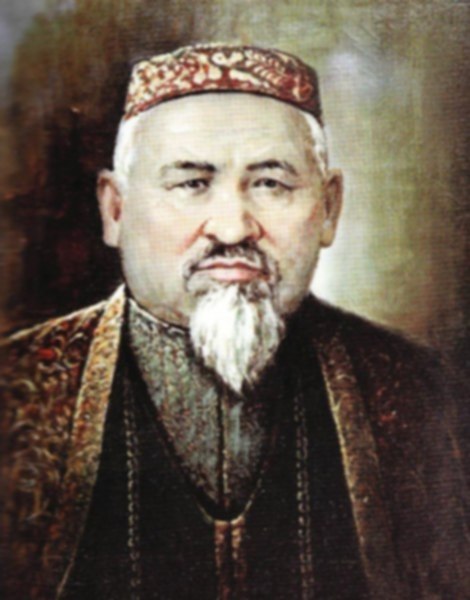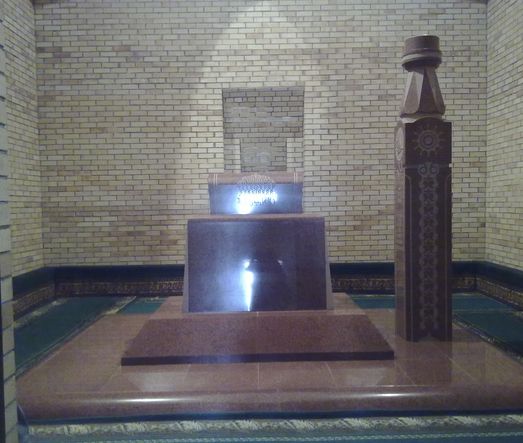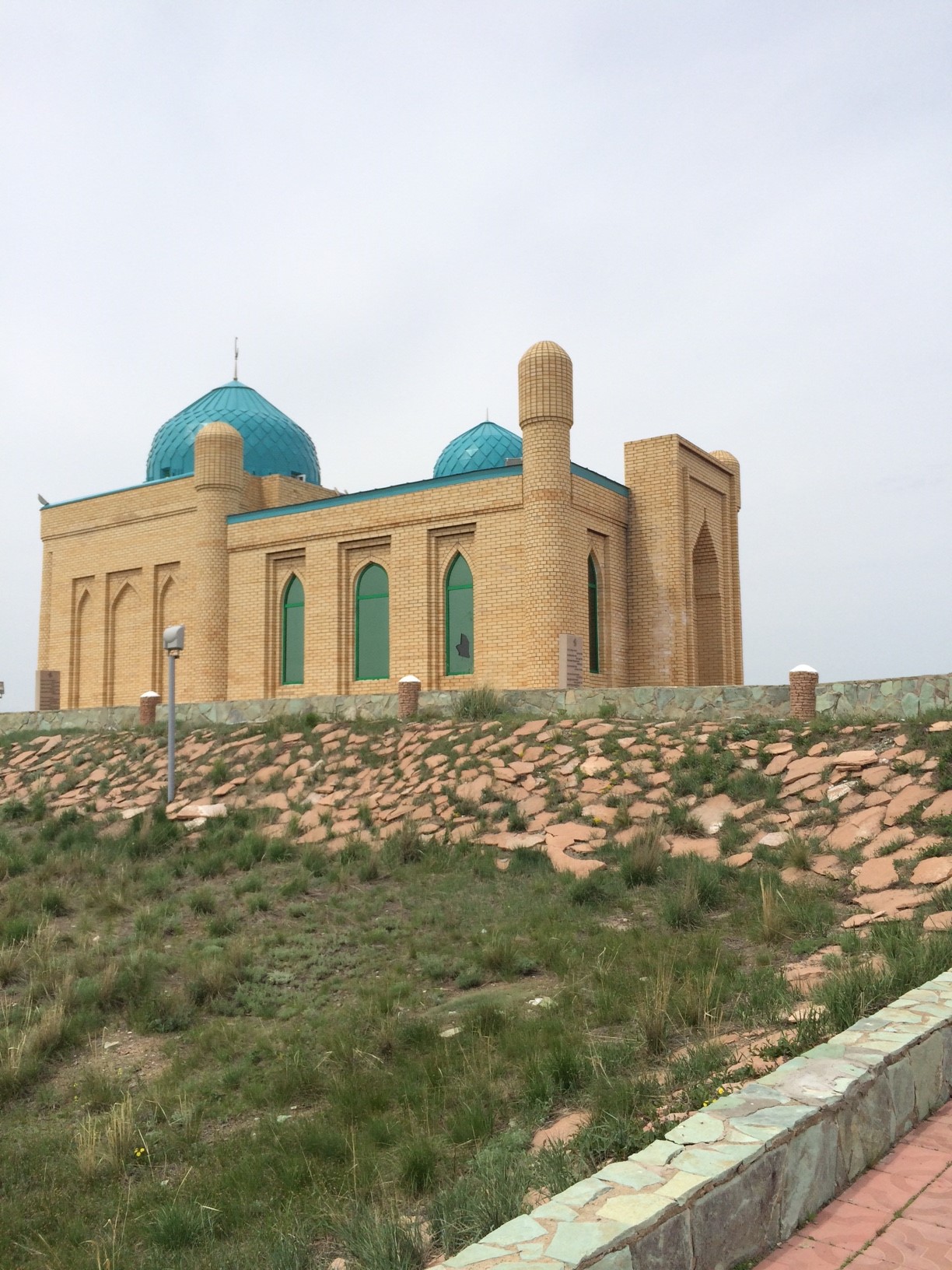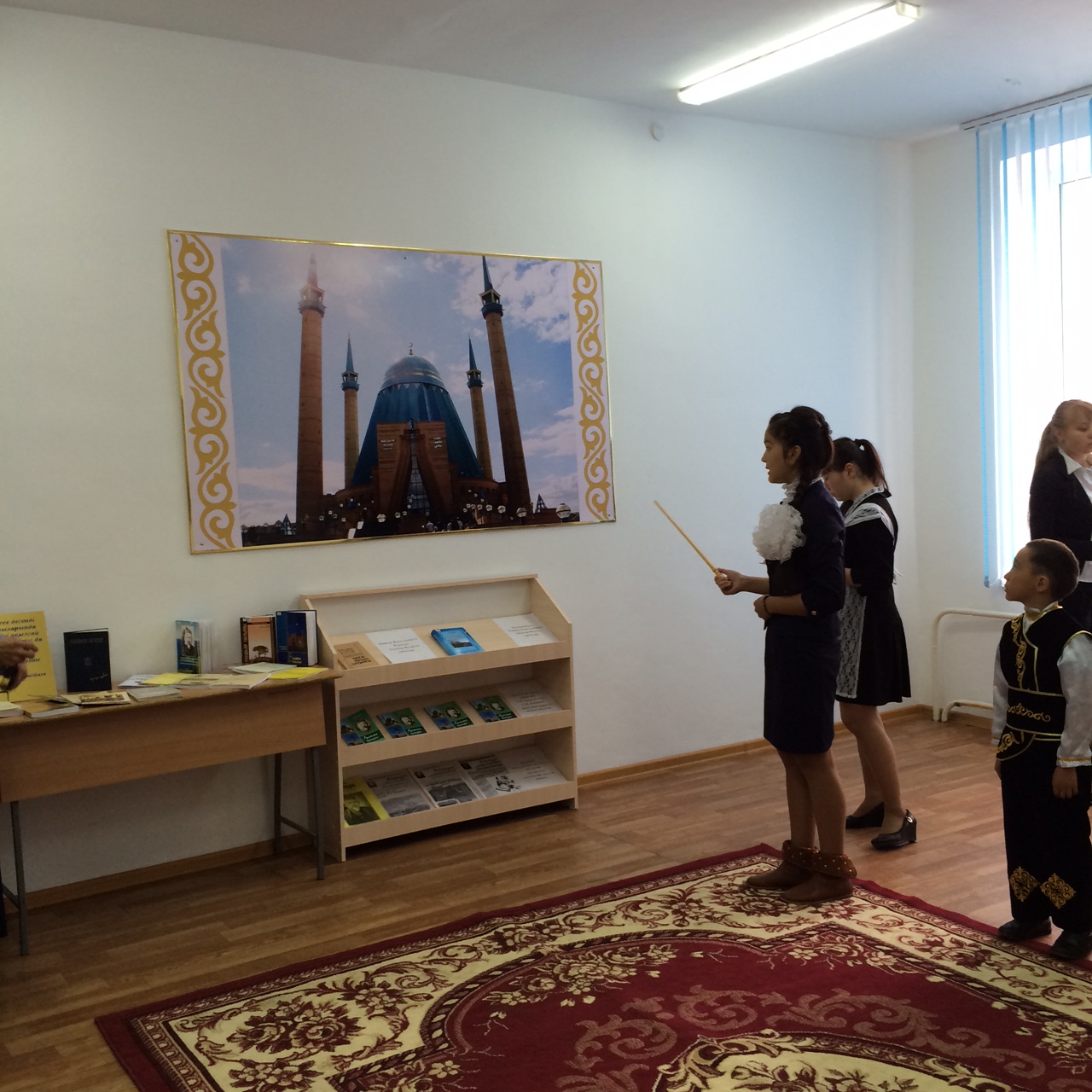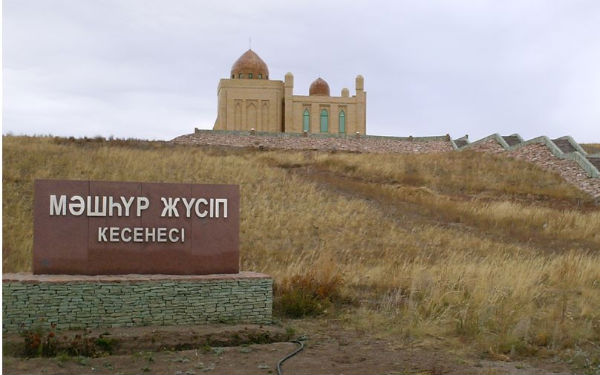The Scientific and Practical Center for Mashkhur Studies of S. Toraighyrov Pavlodar State University held a Regional Conference on Works by Mashkhur-Zhusup: Kazakh People's Present and Future. It took place in Zhanazhol village of Bayanaul area.
The Conference was jointly held by PSU's Scientific and Practical Center for Mashkhur Studies and secondary school named after Mashkhur-Zhusup Kopeyev (Bayanaul area). The Conference was held as a part of the 11th Mashkhur Readings.
The event was aimed at developing patriotism, interest in history, literature and traditions of Kazakhs among the youth by introducing them to Mashkhur-Zhusup's legacy.
The following reports were made during the conference: “Mashkhur-Zhusup Kopeyev's Philosophical Worldview” (by Doctor of Philosophical Sciences, Professor, Deputy Director of the Institute of Philosophy, Political Science and Religious Studies, Committee on Science, Ministry of Education and Science of the Republic of Kazakhstan) and “Mashkhur-Zhusup Translated into Russian” (by Doctor of Philosophical Sciences, Professor, Leading Researcher at R.B. Suleymenov Institute of Oriental Studies, Committee on Science, Ministry of Education and Science of the Republic of Kazakhstan).
Sabit Kenzhalin, the school principal, said it was a great honour for his school to be named after our famous countryman. He expressed hope that his school would continue in-depth studies of the life and work of the great poet with the support from PSU members.
Nailya Anafina, a member of the Mashkhur Studies Center, said, “Such people are born extremely rarely, so we would like to propose to make Mashkhur-Zhusup Kopeyev's image a national brand for Kazakhstan.”
Zhursilya Abeldinova, a librarian of S. Beisembayev Scientific Library, presented an exhibition of books about the poet and told about some of the researches who studied Kopeyev's works.
The Conference had several sections: Science as a Personal Duty, Great People Live for Science, I Left My Footprint on the Land where I Lived, and Thoughts Left on Paper. At the end of the Conference, its participants had a tour of the mausoleum and museum named after the poet.







